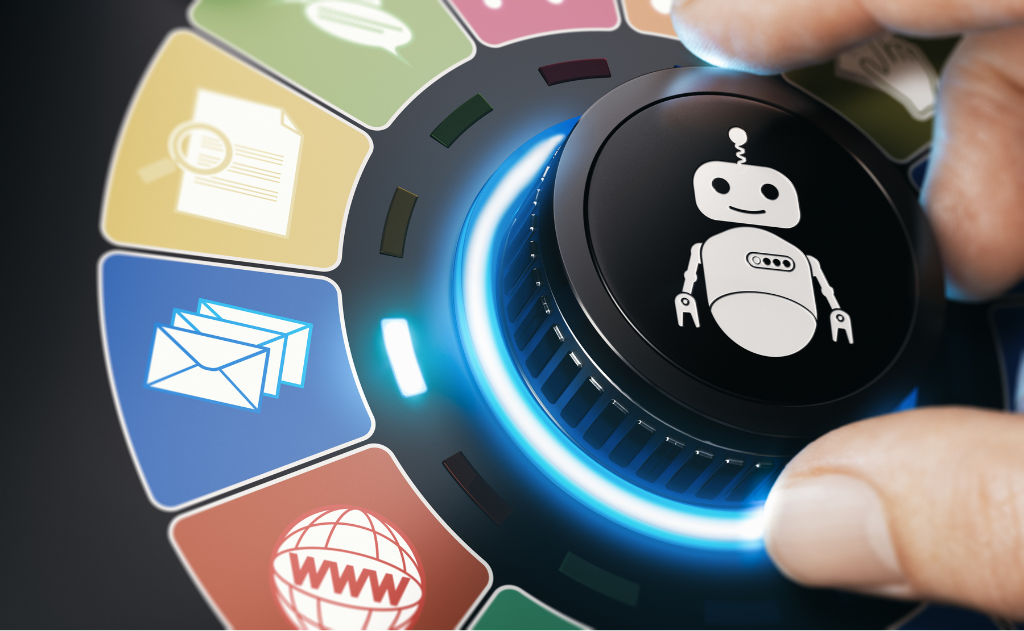AI (Artificial Intelligence) refers to the simulation of human intelligence in machines, allowing them to perform tasks that typically require human intelligence. Automation involves the use of technology to perform processes with minimal human intervention.
Why It’s Trendy
AI and automation are becoming trendy as businesses seek to enhance efficiency, reduce operational costs, and gain a competitive edge. With advancements in machine learning and robotics, these technologies are now accessible to a wider range of industries, enabling faster decision-making and personalized customer experiences.
Solution and Application

To successfully implement AI and automation, enterprises should start with a clear strategy that identifies which tasks can be automated and which require human oversight. Begin with pilot projects in less critical areas and gradually scale up. Integrating AI into existing workflows should be done cautiously, with regular evaluations to measure its impact on productivity and ethics.
Success Example
Amazon has successfully integrated AI and automation in its warehouses, using robotic systems to streamline the order fulfillment process. This has significantly reduced delivery times and increased efficiency while maintaining a high level of accuracy. The key to Amazon’s success was its gradual implementation and continuous monitoring of the technology’s impact on both operations and employees.




